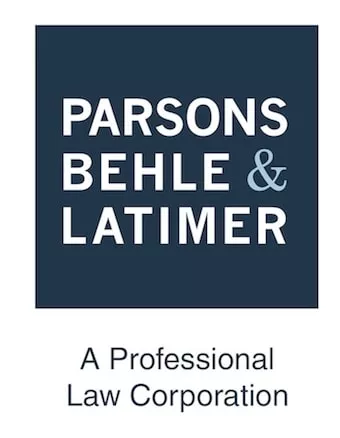No employer wants to end up on the wrong side of a lawsuit—particularly a lawsuit alleging race-based discrimination. But that is precisely where Whole Foods Market, Inc. found itself last year when a group of employees alleged that it discriminated and retaliated against them for wearing Black Lives Matter attire at work.
The employees sued Whole Foods under Title VII of the Civil Rights Act (which prohibits race-based discrimination). Although Whole Foods had a policy that prohibited employees from wearing attire with non-Whole Foods' logos or messaging at work, the plaintiffs claimed that the policy was rarely enforced and that employees had previously worn items with LGBTQ+ messaging, National Rifle Association messaging, and even SpongeBob SquarePants face masks without incident.
The United States District Court for the District of Massachusetts explained that the plaintiffs' Title VII claim was more accurately viewed as "a First Amendment claim that Plaintiffs [were] trying to shoehorn into Title VII." Frith v. Whole Foods Mkt., Inc., 517 F. Supp. 3d 60, 76 n.9 (D. Mass. 2021).
Why did the employees have to try and shoehorn a First Amendment claim into Title VII? As the District Court explained, "...there is no right to free speech in a private workplace." Id. Thus, even if the employees' allegations were true, Whole Foods conduct did not violate its employees' First Amendment rights. The District Court ultimately granted Whole Foods' Motion to Dismiss the plaintiffs' Title VII claim, and concluded that "Whole Foods employees that are not happy with the Policy can find someplace else to work . . . ." Id.
While that result may seem harsh to some, it serves as a useful reminder that the First Amendment only protects speech from government censorship. It does not apply to private sector employers, and "an employee does not have a cause of action against a private sector employer who terminates the employee because of the exercise of the employee's constitutional right of free speech." Edmondson v. Shearer Lumber Prods., 75 P.3d 733, 739 (2003).
That said, some states impose specific limitations on employers' abilities to restrict employees' speech. For example, Utah Code § 34A-5-112(2) states: "An employer may not discharge, demote, terminate, or refuse to hire any person, or retaliate against, harass, or discriminate . . . for lawful expression or expressive activity outside of the workplace regarding the person's religious, political, or personal convictions."
The First Amendment does apply to public sector employers. But government employers still have the power to regulate employee speech in some situations. The Supreme Court of the United States has explained: "[T]he State has interests as an employer in regulating the speech of its employees that differ significantly from those it possesses in connection with regulation of the speech of the citizenry in general. The problem in any case is to arrive at a balance between the interests of the [employee], as a citizen, in commenting upon matters of public concern and the interest of the State, as an employer, in promoting the efficiency of the public services it performs through its employees." Pickering v. Bd. of Educ., 391 U.S. 563, 568, 88 S. Ct. 1731, 1734-35 (1968).
To strike that proper balance, the Supreme Court applies a test that involves three primary inquiries: (1) Is the employee speaking as a citizen or as a public employee? (2) Is the employee speaking on a matter of public concern? and (3) Does the employee's interest in First Amendment expression outweigh their employer's interest in the efficient operation of the workplace?
Both private and public sector employers should become familiar with the laws applicable to employee speech. Parsons Behle & Latimer is ready and able to assist employers in this important endeavor and to help them create policies that lead to a productive work environment while minimizing the risk of litigation.
The content of this article is intended to provide a general guide to the subject matter. Specialist advice should be sought about your specific circumstances.


